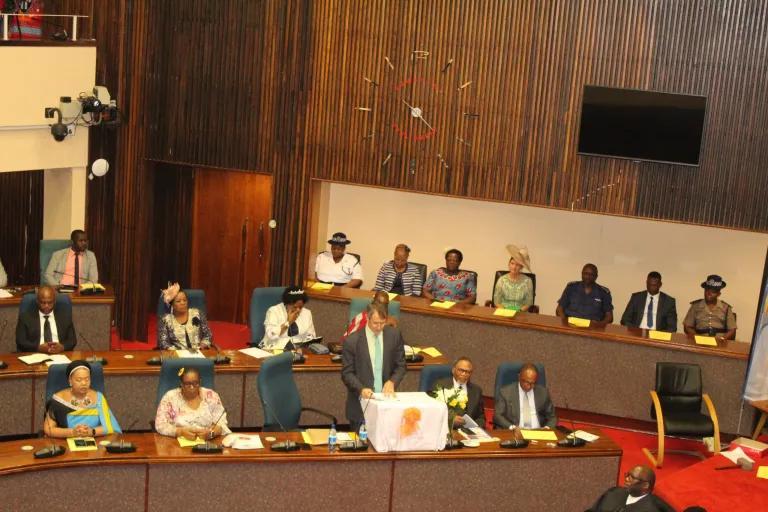Africa-Press – Eswatini. The ministry of commerce, industry and trade SME Unit in collaboration with the United Nations Development Programme (UNDP) will be hosting a SME policy review discussion for the Eswatini SME Policy (2018) tomorrow.
In a concept note shared by Director of SMEs Mluleki Dlamini, the discussion forum would explore among others, the need to more effectively engage the private sector, which was best placed to identify and seize the opportunities within the domestic investment space and suggest further complementary measures and actions necessary for local MSMEs to address obstacles and maximise on opportunities for MSME participation, with a particular emphasis on women and youth.
Implemented
“The current MSME Policy has seven strategic pillars that were to be implemented under the policy, which are increase access to financial products and services, strengthen MSME business support institutions (BSIs) and structures, strengthen the legislative and regulatory framework for the development of MSMEs, promote and develop a culture of entrepreneurship and innovation, strengthen the domestic and international competitiveness of SMMEs, define, recognise and protect the informal trade sector and enhance policy implementation and integration by improving dialogue,” he said.
Dlamini said the forum would be co-organised by government and UNDP.
“The forum will include presentations, break-away sessions and broad discussions around the key thematic areas which include presentation of FINSCOPE Survey, CFI, a review of the 2018 MSME Policy, developing an entrepreneurial ecosystem for local MSMEs, opportunities in regional integration: AfCFTA and MSMEs and entrepreneurship support for youth and women-led enterprises in Eswatini,” he said.
He stated that during the forum, stakeholders would break into three groups covering the six areas highlighted, under the main topics.
“The main topics are policy, environment and framework, support institutions and incentives and technology and competitiveness,” he said.
He said the participants could discuss solutions which are opportunities to connect with leaders and experts to translate ideas into solutions for Eswatini’s socio-economic transformation and MSME policy landscape and opportunity where there would be sessions that would encourage participants to expand their thinking and explore fresh opportunities and ideas on how Eswatini’s MSMEs could be supported through policy to reduce informality, start and grow a business to take advantage of regional market opportunities, owing to Eswatini’s small domestic market.
Impact
“Other solutions would be on impact as they will be recommendations on how they could use the MSME Policy as a tool to create positive change and impact in the local economy as well as a tool for advancing gender equality and women’s economic empowerment, and as a catalyst for inclusive and sustainable socio-economic development in the country and networking, which will provide opportunities to participate in roundtables and a high-level plenary and at the same time engage with actors across a diverse range of different sectors and topics relating to MSME development,” he said.
He added that because of the large number of MSMEs operating in the informal sector, reliable and accurate statistics on the sector were often lacking, preventing effective policies.
For More News And Analysis About Eswatini Follow Africa-Press







